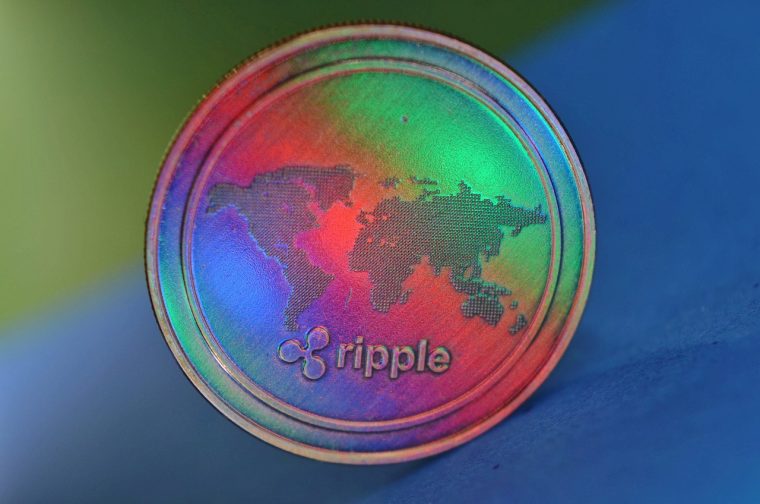
The legal battle between the U.S. Securities and Exchange Commission (SEC) and Ripple Labs continues to take surprising turns, with the SEC now hinting at appealing the recent ruling in Ripple’s favor.
However, crypto lawyer John Deaton argues that this appeal is unlikely to have an immediate impact, terming it as not even a “setback.”
In the Ripple case, the SEC had investigated Ripple, along with its executives Brad Garlinghouse and Chris Larsen, for 2.5 years before filing the lawsuit. Yet, it didn’t find a solid basis to bring forward a fraud allegation, according to Deaton.
I have to piggyback on @CampbellJAustin’s great point here as well. In the @Ripple case, the SEC investigated Ripple @bgarlinghouse and @chrislarsensf for 2.5 years before filing the case. After a 2.5 year investigation, the SEC was unable to bring a single… https://t.co/sGbfP37WbO
— John E Deaton (@JohnEDeaton1) July 24, 2023
SEC’s Challenge of Ripple Case—A Legal Quagmire in the Making?
Earlier this month, federal district judge Analisa Torres ruled that XRP, Ripple’s native token, is “not necessarily a security on its face,” except when sold to institutions for fundraising purposes.
This ruling came as a blow to the SEC, which had accused Ripple of raising $1.3 billion in unregistered securities offerings in 2020.
SEC Chair Gary Gensler expressed his disappointment with certain aspects of the decision, which has the potential to shape the regulatory landscape for other tokens under scrutiny.
Despite the SEC hinting at an appeal, Deaton points out that it could take a significant amount of time—perhaps two years—for an appeal to make its way through the court system.
Notably, Judge Torres’ ruling highlighted that programmatic sales of XRP to public buyers did not meet the criteria of the Howey Test—a commonly used method to determine if an investment contract exists in the sale of an asset.
Torres stated that public buyers of XRP didn’t know they were buying the token from Ripple, negating any profit expectation tied to Ripple’s efforts.
Far-Reaching Implications: Will the Ripple Case Redefine the Crypto Regulatory Landscape?
Even if the SEC manages to challenge Torres’ interpretation of the Howey Test, Torres could still rule in the same way when considering the other factors of the test, such as the “investment of money” and the existence of a “common enterprise,” states Deaton.
This would pose a bigger challenge to the SEC, as proving a common enterprise’s existence under the Howey Test is a much steeper task than showing an expectation of profit derived from others’ efforts.
In summary, while the SEC may be angling to appeal the Ripple case, the complexity and potential time required suggest that any reversal of the ruling isn’t imminent.
The implications of this case will continue to reverberate across the crypto landscape, potentially reshaping our understanding of securities within the sector.
RELATED:
- OpenAI Founder Sam Altman’s Worldcoin is Finally Out – Here’s How You Can Get Your Airdrop
- Craig Wright Will Likely Sue to Claim Copyright on Bitcoin in UK – Here’s What Could Happen If He Somehow Wins
- Inside Binance’s Shady Infiltration of Europe – Regulator Dodging, Shady Transactions, and Lots of Lawsuits
What's the Best Crypto to Buy Now?
- B2C Listed the Top Rated Cryptocurrencies for 2023
- Get Early Access to Presales & Private Sales
- KYC Verified & Audited, Public Teams
- Most Voted for Tokens on CoinSniper
- Upcoming Listings on Exchanges, NFT Drops